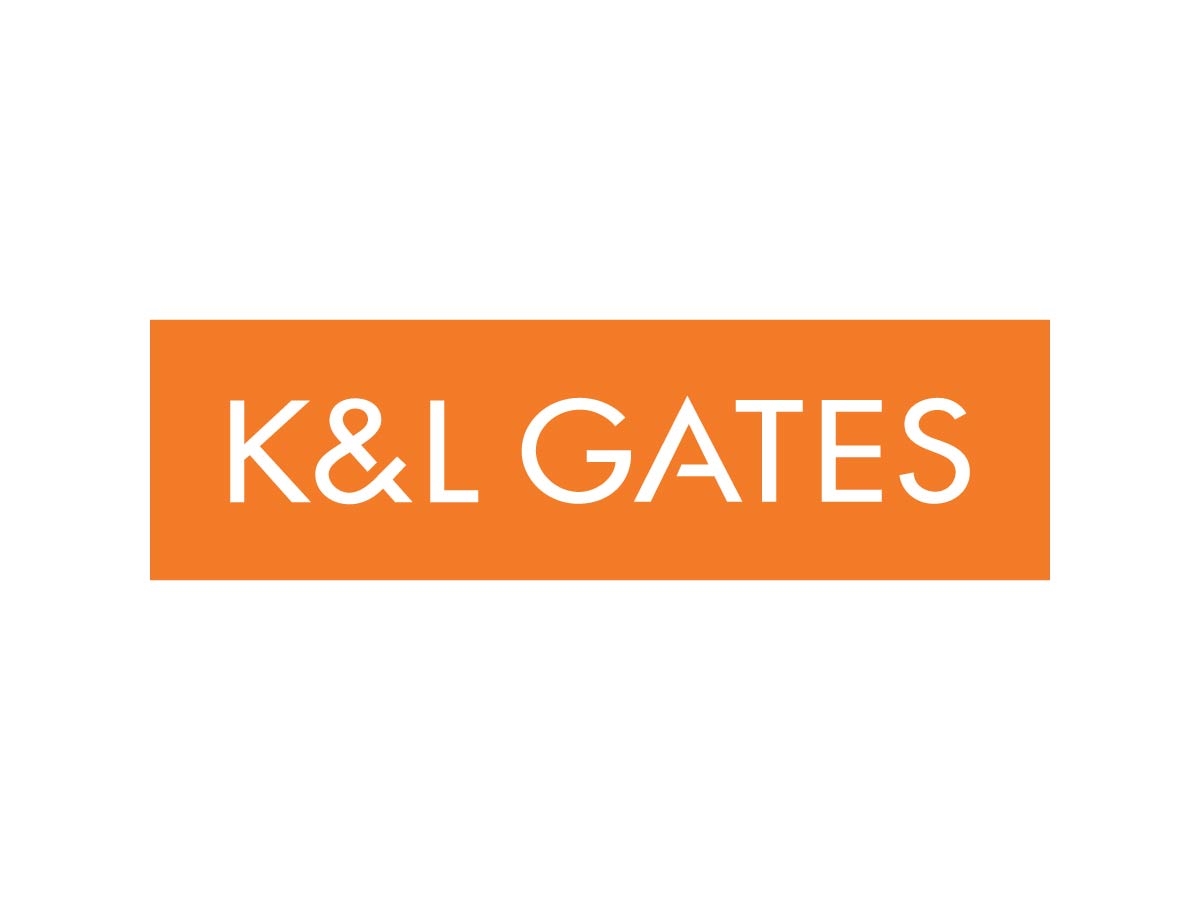
D’Aloia -v- Person Unknown & Others1 is the latest in a line of interim application judgments demonstrating the flexibility and innovation of the English courts when it comes to disputes concerning digital assets.
The factual matrix may sound familiar: the Claimant was duped into transferring stablecoins (USDT and USDC) into digital wallets of persons unknown – believing he was depositing them into a bona fide online trading platform. Months later, the stablecoins had disappeared and his account was empty.
The Claimant engaged a blockchain intelligence expert to trace the stablecoins into digital wallets held on a number of crypto exchanges. The High Court proceedings mark the tangible start of the Claimant’s journey to try to recover them.
The Claimant relies on a number of causes of action in the proceedings:
The case is at an early stage; this judgment concerned a without notice application for interim injunctive relief, disclosure, and ancillary orders against persons unknown and a number of crypto exchanges–aimed at freezing the stolen assets in situ and identifying the owner(s) of the wallets holding those assets.
The Judge held:
There are serious issues to be tried against: (i) the persons unknown, on the basis they misappropriated the Claimant’s crypto assets; and (ii) the crypto exchanges, since they control the wallets into which the stolen assets have been traced and, once on notice of the Court’s Orders, may be subject to the duties of a constructive trustee in respect of those assets.
The English Court has jurisdiction, on the basis that:
This was a without notice application for interim relief and it therefore remains open for any of the Defendants to seek to argue that the English Court does not have jurisdiction. Indeed, many of the decisions so far in this new and evolving area have been made in without notice hearings or hearings where respondents have not engaged, and so the principles may develop further once we have seen cases contested.
All of the Defendants appear to be located outside of England and Wales. The relevant crypto exchanges are located in Panama, Cayman Islands, Seychelles and Thailand and, although the Claimant does not know the location of the Persons Unknown, it is likely they too are outside the jurisdiction.
The Judge held that England is the most appropriate jurisdiction on the basis that the Claimant is domiciled in England, the assets were located in England at the relevant time, and the Claimant was defrauded in England.
There are a number of ‘gateways’ available under Practice Direction 6B to the Civil Procedure Rules, enabling the English Court to exercise jurisdiction over foreign defendants where the dispute has a sufficient connection with England, including:
Damages would not be an adequate remedy since, without relief restraining disposition of the crypto assets, other remedies for the Claimant could be worthless, and the balance of convenience is in favour of granting relief.
The relevant property (the stablecoins) belong to the Claimant. There is a real prospect that obtaining the information sought from the exchanges would lead to the preservation of those assets, by identifying the persons unknown. The relief sought by the Claimant is appropriate and proportionate, being no wider than is necessary. In weighing up the balance between the parties, the Judge came down in favour of granting disclosure since: (i) the claimant agreed to pay the reasonable costs incurred by the exchanges in providing the information; and (ii) notwithstanding duties of confidence that may be owed by the exchanges, there is a good arguable case and serious issues to be tried that the Claimant has been defrauded.
Following the lead of a New York Court (in the recent case of LCX AG vs. John Doe Nos. 1-25): the Claimant could serve persons unknown by ‘airdropping’ a NFT (itself providing the details of the Court’s Order) into the digital wallets of the persons unknown to which the Claimant’s assets were first transferred. The Judge commented that there could be no objection to service by NFT, which embeds the Court’s Order into the blockchain, as it will likely lead to a greater prospect of putting the persons unknown on notice, and it mitigates difficulties otherwise arising in attempting to serve persons unknown.
This is the first time a court in England has permitted service of Court documents by means of a NFT, by airdropping the NFT into the digital wallets of persons unknown. An exciting and useful development in itself, though not the only reason this judgment is significant.
Crypto exchanges will take note that the Court considered there is a good arguable case that they, once on notice of Court Orders in relation to assets held in wallets they control, could become constructive trustees in respect of those assets, and potentially find themselves on the wrong end of claims for breach of trust if they do not act swiftly to prevent the dissipation of those assets from the wallets in their control.
The judgment follows the same decision-making process and thinking as the line of recent English court decisions on similar issues involving the tracing and freezing of crypto assets, and seeking to identify the owners of digital wallets in which those assets reside.3 This decision is an encouraging sign for legal practitioners of the English courts’ flexibility to adapt, using existing tools for novel applications and embracing new tools, to assist claimants seeking to trace and combat crypto fraud.
—–
Declan and Martin have previously authored an article in Corporate Disputes magazine titled ‘Digital Assets: Novel Dispute Solutions for Novel Technologies’ which can be found here.
1 [2022] EWHC 1723 (Ch).
2 (unreported, 21 December 2020, Commercial Court)
3 (e.g. AA v Persons Unknown [2019] EWHC 3556 (Comm); Ion Science v Persons Unknown (unreported, 21 December 2020, Commercial Court); Fetch.ai v Persons Unknown [2021] EWHC 2254 (Comm) ; Mr Dollar Bill v Persons Unknown [2021] EWHC 2718 (Ch) ; Lubin Betancourt Reyes v Persons Unknown & Ors [2021] EWHC 1938 (Comm) ; Danisz v Persons Unknown & Ors [2022] EWHC 280 (QB) ; Osbourne v Persons Unknown and Ors [2022] EWHC 1021 (Comm)).
See more »
DISCLAIMER: Because of the generality of this update, the information provided herein may not be applicable in all situations and should not be acted upon without specific legal advice based on particular situations.
© K&L Gates LLP var today = new Date(); var yyyy = today.getFullYear();document.write(yyyy + ” “); | Attorney Advertising
Refine your interests »
This website uses cookies to improve user experience, track anonymous site usage, store authorization tokens and permit sharing on social media networks. By continuing to browse this website you accept the use of cookies. Click here to read more about how we use cookies.
Back to Top
Explore 2022 Readers’ Choice Awards
Copyright © var today = new Date(); var yyyy = today.getFullYear();document.write(yyyy + ” “); JD Supra, LLC


